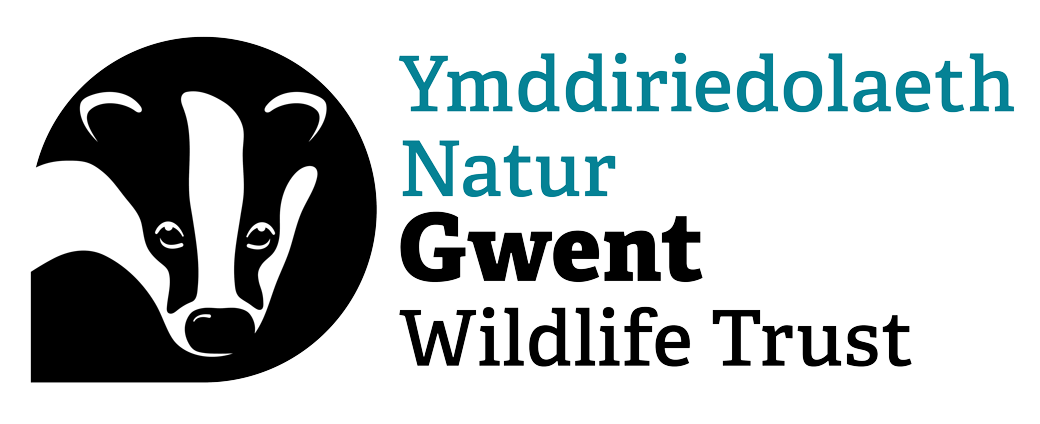Search
Chwilio
My out of office
When Andrew gets away from his desk, he likes to escape to the Gunnersbury Triangle Nature Reserve. From bramble bashing to bonfire building and clearing ponds, he’s always learning new ways to…
Pontypool Wild Spaces Volunteers
What's happening in Pontypool?
Gwent Wildlife Trust has partnered with Pontypool Community Council on a new and exciting project. We will be transforming Pontypool’s green spaces into…
My neighbourhood
Sir David Attenborough has travelled the world in search of wildlife and wild spaces. But much closer to home, he can explore the hidden woodland at Crane Park Island, discover flying stag beetles…
My thermostat
As the Chat Moss Project Officer for Lancashire Wildlife Trust, Elspeth is helping to restore the wild peatland landscape that has been drained for over 200 years. The area lies within five miles…
Our impact
People's Postcode Lottery helping nature recovery in Gwent
The players of the People's Postcode Lottery are helping Gwent Wildlife Trust's conservation and nature recovery efforts.
Japanese knotweed
Introduced from Japan in the 19th century, Japanese knotweed is now an invasive non-native plant of many riverbanks, waste grounds and roadside verges, where it prevents native species from…
Common pipistrelle
The common pipistrelle is so small, it can fit into a matchbox! Despite its size, it can easily eat 3,000 insects a night: look for it flitting around the garden or a lit lamp post as it chases…
30 30 30 Campaign
My water filter
Duncan helps to manage the pockets of peatland at Bell Crag Flow, near Newcastle. The ancient landscapes that he works on are around 10,000 years old. These sites are great for wildlife but they…
Shepherding and Livestock Checker Volunteers
The health and wellbeing of our livestock are paramount to Gwent Wildlife Trust. Daily checks on location and general wellbeing need to be carried out.
The main role of the volunteer…
